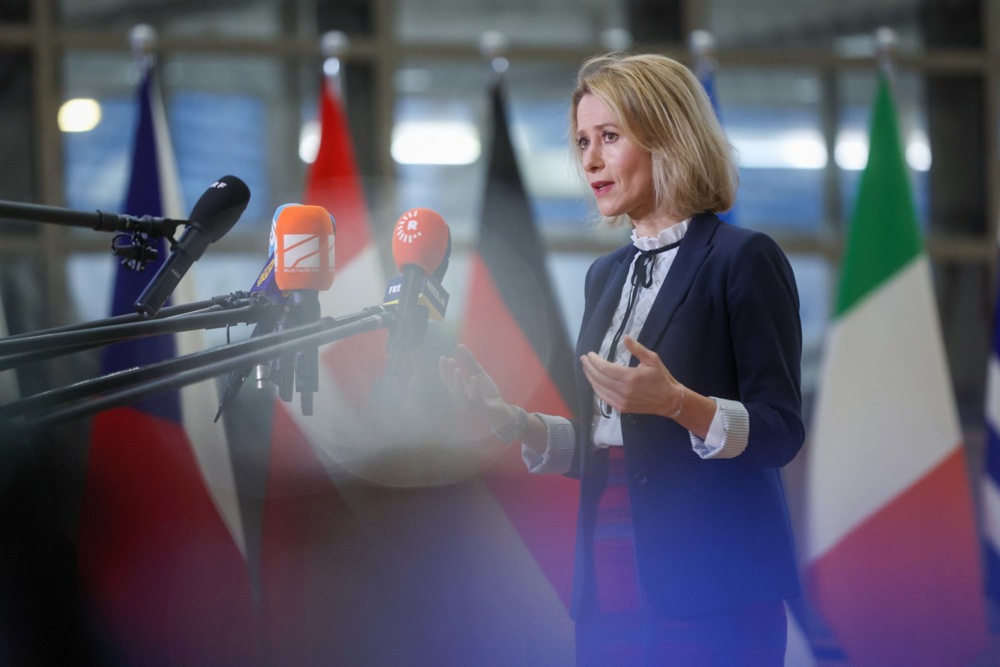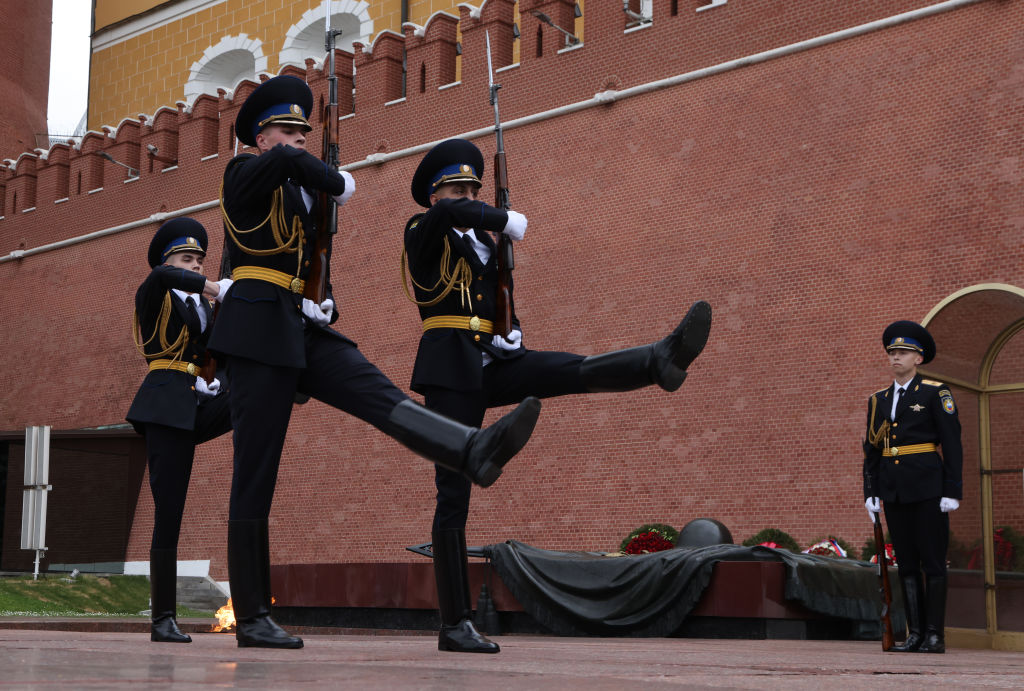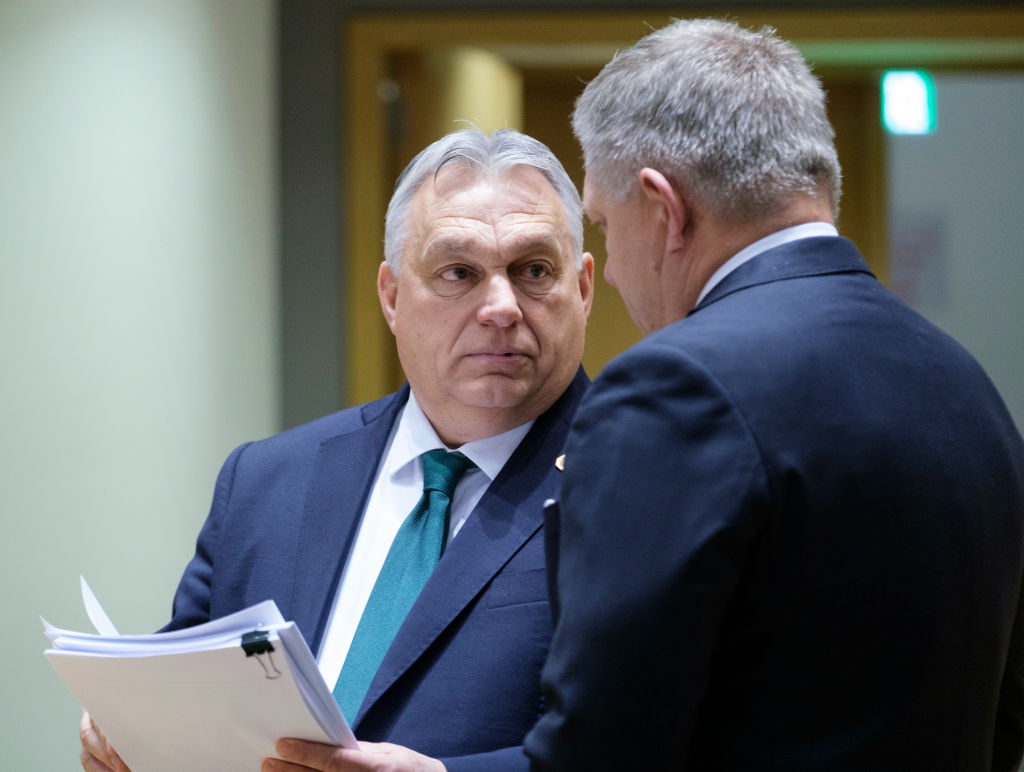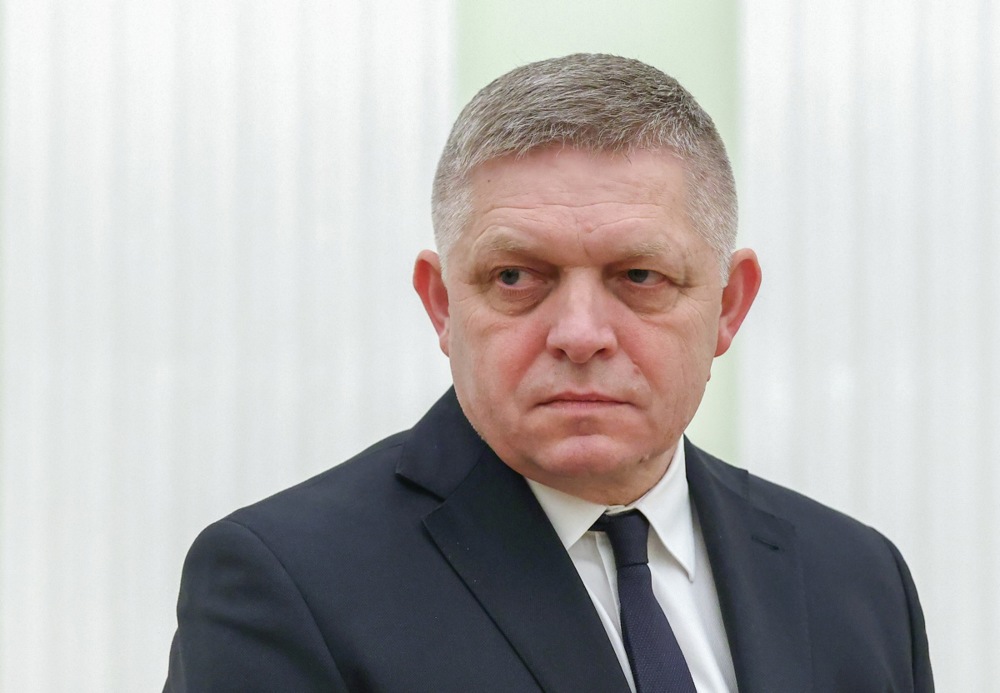Hungarian Prime Minister Viktor Orbán has issued an ultimatum to the European Union.
If Brussels did not guarantee the resumption of Russian gas transit through Ukraine, Hungary would veto the subsequent renewal of sanctions against Russia, he said in an interview with Hungarian state radio on January 30.
Orbán denounced Kyiv’s decision to block the supply of Russian gas to Central Europe, stating that it had led to rising prices. He called the situation “unacceptable”.
The gas flow was interrupted on January 1 after the transit contract between Russia and Ukraine expired. Ukraine, at war with Russia since 2022, has refused to negotiate a new contract.
Despite the European Union’s efforts to reduce its dependence on Russian gas, several member states have remained heavily reliant on these supplies.
Hungary, in particular, has maintained long-term agreements with Russian energy giant Gazprom and has argued that the transit interruption jeopardised the region’s energy security.
“Ukraine’s refusal to allow Russian gas to pass through its territory, thus raising prices in Central Europe, is unacceptable,” Orbán said.
The Hungarian leader stated that in the past few days, his government had formally requested concrete guarantees from the European Commission to secure its energy supply.
He warned that if no solution was reached, Budapest would veto the renewal of EU sanctions against Moscow.
“The Commission promised us it would resolve the issue with Ukraine to restart Russian gas transit. If they do not fulfill the agreement, the sanctions will be scrapped,” Orbán warned.
Hungary’s challenge came after the EU renewed its sanctions regime on January 27. Budapest lifted its initial veto in exchange for a formal commitment to energy security.

In response, the EC stated that it remained open to further discussions with Ukraine regarding gas transit to Europe, which aligned with its international commitments.
It also indicated that Hungary and Slovakia would be included in the process.
Ukraine’s role as a transit country for Russian gas has long been a source of tension between Kyiv and Moscow. Before Russia’s 2022 invasion, a significant portion of Russian gas exports to Europe flowed through Ukraine’s pipeline system.
The war and subsequent EU sanctions have dramatically changed the energy landscape. With the Nord Stream pipelines out of service and Ukraine refusing to continue transit, Russia has limited options to export gas to the bloc.
Budapest has maintained that the current crisis was an energy issue, not a political one, and argued that securing the supply for dependent European countries should be the priority.
Other member states, such as Poland and the Baltic countries, have strongly opposed any concessions to Russia, saying they viewed them as undermining the EU’s unified stance against Moscow.
The European Commission will continue negotiations with Ukraine on the natural gas supply to Europe. Despite the growing tension between the parties, Hungary and Slovakia will be involved in these talks. https://t.co/6aYt8rDUCL
— Brussels Signal (@brusselssignal) January 28, 2025





